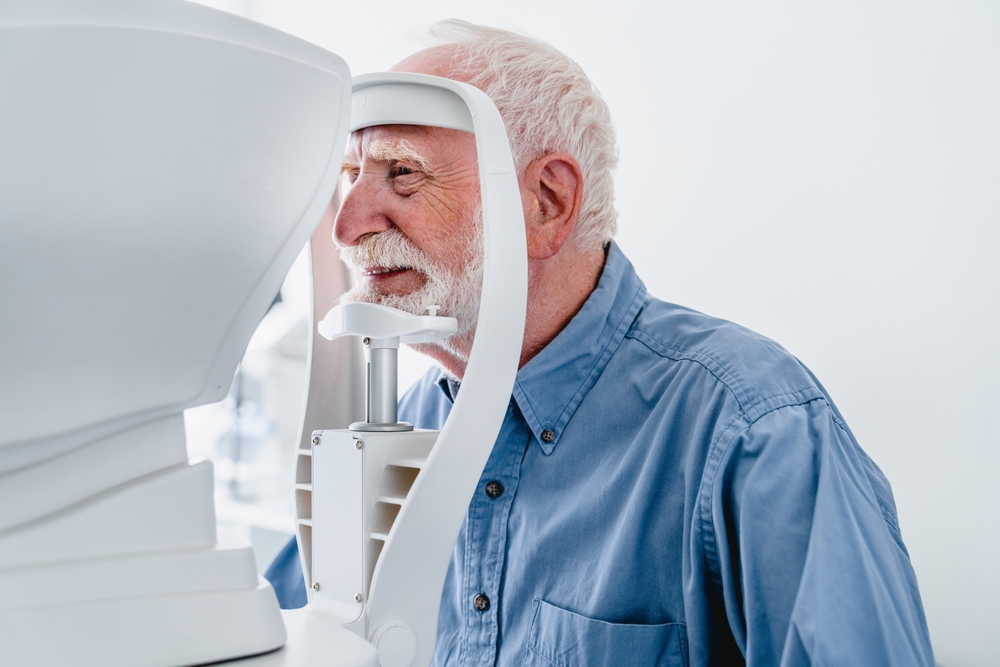
Diabetes is a condition that, over time, can take a toll on various organs, including your eyes. The excess sugar in your bloodstream can lead to a slew of complications, some of which can impair your vision or, in severe cases, lead to blindness. By understanding the impact of diabetes on your visual health, you can take proactive steps to safeguard your sight.
How Diabetes Affects Your Vision
Living with diabetes means you have to be vigilant about your vision because the effects can be subtle at first, then suddenly profound. Fluctuating blood sugar levels can cause temporary blurring of vision, which you might dismiss as fatigue or other minor causes. However, these fluctuations can indicate that your eyes are being stressed by the highs and lows of your blood sugar levels.
Over time, diabetes can cause changes in the lens of your eye, leading to diabetic cataracts. Your lens may swell, affecting your ability to see clearly. Diabetes can also cause nerve damage in the eyes, which may result in conditions like diabetic macular edema. This is where the macula, a part of the retina responsible for detailed central vision, begins to swell, causing vision distortion.
Diabetic retinopathy is another condition that can occur. It's characterized by damage to the retinal blood vessels, leading to bleeding or fluid leakage. This can create dark or empty areas in your vision and can eventually lead to retinal detachment. The progression of these conditions can be slow and insidious, which is why recognizing the signs early is critical to managing your vision health.
The Importance of Regular Eye Exams for Diabetics
Routine visits to your optometrist are not something you should overlook, especially if you have diabetes. These check-ups are a vital part of your health maintenance, serving as a preventive measure against potential eye problems that could lead to vision loss. Your optometrist is trained to spot the early signs of eye conditions that are commonly associated with diabetes and can guide you on the path to proper management.
These visits can also result in adjustments to your vision aids, such as glasses or contact lenses, ensuring that your prescription is up to date. This is essential because even minor changes in your vision can indicate changes in your eye health. Additionally, your optometrist can provide advice on how to protect your eyes daily, including dietary suggestions and protective eyewear.
Regular eye exams are also an opportunity for your optometrist to monitor the progression of any existing eye conditions. Early detection and treatment can slow down or even prevent further damage to your eyes. By keeping these appointments, you're taking an active role in managing your diabetes and preserving your quality of life.
How Often Should You See an Optometrist if You Have Diabetes?
If you're living with diabetes, you may wonder how frequently you need to schedule appointments with your optometrist. The recommended frequency can vary depending on several factors, including the type of diabetes you have, how well it's controlled, and whether you already have existing eye conditions. For most adults with diabetes, it is advised to have a comprehensive dilated eye exam at least once a year. However, your optometrist can give you the best advice on the frequency based on your unique circumstance.
If you have diabetes, schedule your next eye exam today. Visit Primary Vision Care in our office in Newark, Waynesville, Lancaster, Mount Vernon, or Wilmington, Ohio. Call (740) 299-1155, (513) 897-2211, (740) 654-9909, (740) 393-6010, or (937) 382-4933 to book an appointment today.








